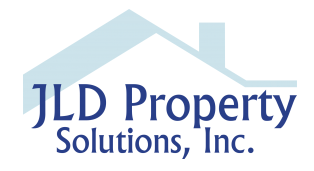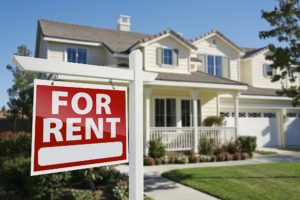Investing in rental properties can be one of the most difficult things you do in real estate. It can also be one of the most profitable if executed properly. Being a landlord is not exactly rocket science. You find a property, make subtle improvements, get good tenants and collect rent checks. Your rent checks should exceed the total monthly payments on the property, leaving with you a surplus. In a perfect world over time your tenants will pay down any loan balance you have, ultimately leaving with you a free and clear asset or maximizing cash flow. However, as you could guess there are plenty of issues along the way. Tenants do not always do their part and your property eventually needs updating. How you deal with these situations will go a long way to determining just how successful, and enjoyable, the property is. Here are five tips to help improve your bottom line and be a better landlord.
- Systemize Everything: One of the biggest mistakes landlords make is not systemizing everything they do. Regardless if you have one single family rental or a handful of apartments you need a system to help keep you sane and organized. It is not a stretch to say that literally everything you do with the property should have some kind of system. There should be systems in place for finding new tenants, marketing your property, showing the property, handing maintenance requests and paying any bills associated. Your systems will be changed, and tweaked, over time but you should have something in place prior to getting too far. A strong system will help you find the right tenants and run the property efficiently. Simply trying to wing things as you go is a recipe for disaster. Eventually something will be overlooked or there will be an oversight that impacts your bottom line. Everything you do with the property must have a system in place.
- Know Your Lease/Policies: Owning a rental property is in many ways similar to parenting. You need to establish firm guidelines early on so you don’t get walked over down the road. With a rental you are in charge and you dictate the rules. Any rules and policies you want should be in your lease. The lease is the one item you have that holds your tenants accountable for their actions. Instead of using a generic lease you find online reach out to a local attorney and have one drawn up. This will come at a cost, but is worth its weight in gold if there is a disagreement. In this lease make it clear what items are unacceptable and what the penalty is if broken. If you don’t want pets or smoking have this clearly indicated in your lease. If you do find out that your tenants are breaking these rules you need to enforce the terms of the lease. Whether this means a small fine or even eviction you have to be willing to follow through. If not, your tenants will walk all over you and subtly break other rules along the way.
- Good Tenants Only: If you ask any experienced landlord what the most important aspect of rental property ownership is they will universally say finding good tenants. Without good tenants everything else in the property is secondary. You will have a constant cycle of constantly chasing the rent or following up on maintenance issues. You will count the days until the end of the lease. On the flip side, if you have a good tenant you will go long stretches without even hearing from them. The only communication you will have is if you want to stop by the property or if they have a general question. You won’t have to worry about when, or if, the rent check is coming. Finding good tenants usually takes nothing more than a little patience and diligence. Instead of committing to the first interested tenant you need to follow your system and continue with your process. Follow up with references and reach out to previous landlords. If your gut tells you they may be a problem wait until a more qualified tenant comes along.
- Know Your Limitations: On properties where the cash flow margins are slim there is the thought that you need to try to do everything yourself and save wherever you can. Of course saving money is important but you also to pick and choose your battles wisely. Weigh the importance of the project with your skill set. Painting the garage or a basement room is something you can reasonably do without causing too much damage to the property. However, putting on a new roof or updating the electrical should be left in the hands of professionals. Not only is there a common sense safety concern, but you don’t want to make a minor problem a bigger one. Spending money should be expected every now and then with your rental. Don’t try to pinch pennies too much where you make mountains out of molehills.
- Be A Decision Maker..Or Find Someone Who Is: Owning a rental property is in many ways like managing a small business. As we stated, you need to have systems in place to help guide you with many decisions along the way. Some of these decisions aren’t always the easiest to make, or the easiest to deliver. If the rent is not received in time you have to make phone calls or follow through with a penalty. Not every investor is comfortable making these calls, and this is ok. However, instead of avoiding conflict you should find someone who is comfortable with it. There are dedicated property managers who handle every aspect of the property from rent collection to scheduling maintenance requests. For a fee, they will take care of everything and leave you out of it. If your personality isn’t up for confrontation or you simply don’t have the time to commit to the property a property manager may be a solution that solves everything for you.
Better landlords have better tenants who make their lives much easier. In most cases problems with tenants start with the landlord. Use these five tips to help improve your skills as a landlord and build your rental property portfolio.
Read the full article here: https://www.cthomesllc.com/2019/11/how-to-be-a-better-landlord/

